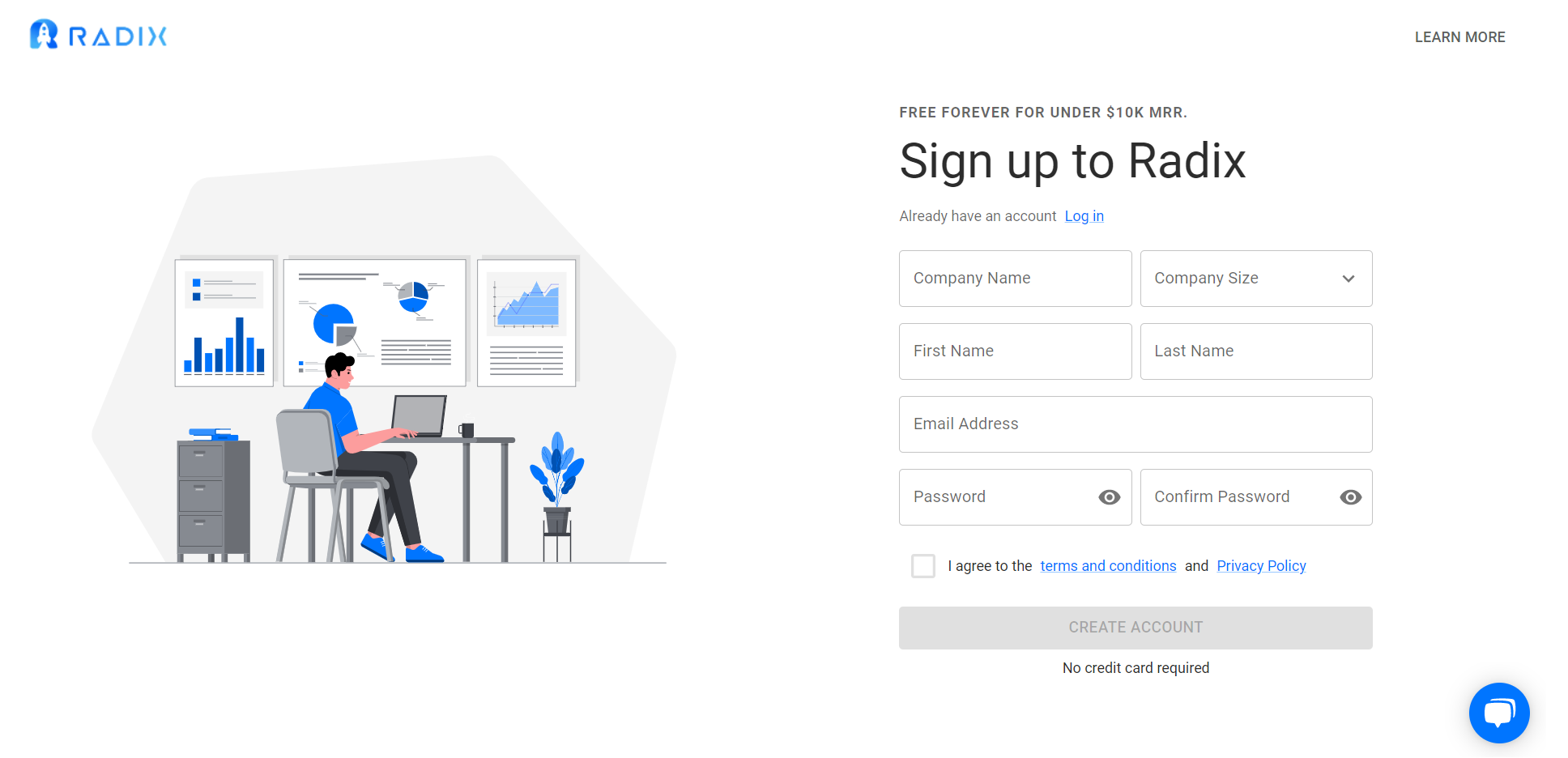Reconciliation is a term very familiar to those involved in finance. It is important to ensure that everything is accurate and nothing gets missed. PayPal holds a leading position among online payment solutions, and it faces one of the heaviest-weighted challenges concerning reconciliation. The blog post simplifies the meaning of reconciliation, its significance, types of reconciliation and the efforts made by Radix to provide the best reconciliation system for PayPal merchants.
What is Reconciliation?
One definition of reconciliation is the act of comparing two sets of information to determine that they match and are consistent. For financial transactions, reconciliation is taking various records of a transaction (eg, one record in the bank computer, one record in the company’s records, and a third record in the records of the person paying) and coml paring them to ensure that they match and are accurate. If even one record doesn’t match the others, that leads to a ‘reconciliation exception’, which simply means that there is an unresolved disagreement. This process helps to ensure that the finance records are accurate and complete.
The Importance of Reconciliation
Every kind of a business require accurate and truthful data regarding the deals involved, and with the help of reconciliation, one can effectively ascertain all sets of data and hence come up with a conclusion that is devoid of any conflicts – be in manners or figures.
Here are some of the reasons why reconciliation is important:
- Identifying Errors: Reconciliation helps to identify discrepancies between different items of data (eg, payments made versus received) so that errors can be quickly isolated and rectified.
- Anti-Fraud Measures: Through matching, fraudulent activity, if any, can be detected and action can be taken such that the company or the client loses the least amount of money.
- Keeping trust: Clear and correct accounting records can also add trust to your organisation’s credibility to all its various stakeholders – such as customers, investors, regulators and auditors. For example, faith in the financial data will allow partners to decide whether or not they’d like to do business with you.
- Compliance Requirements: Most sectors in industry require compliance with legal and filing requirements put in place by various regulatory authorities, which in turn demand accurate financial records. Reconciliation ensures that such requirements are met and punitive measures like penalties or incarceration are adequately avoided.
Types of Reconciliation
Reconciliation can be more specific, depending on the type of data that are being compared. Here are some of the most common types of reconciliation.
1. Bank Reconciliation
Bank reconciliation is a process in which you compare the financial records of a company with those of the bank to make sure the records are correct. It literally involves reconciling the cashier check at the bottom of a bank statement by matching the transactions to deposit, paying fees, etc.
2. Vendor Reconciliation
Vendor reconciliation occurs when payments records are compared to vendors’ invoices, which are payment requests that vendors submit. Vendor reconciliation helps in verifying that all payments made were for the goods or services that were actually received.
3. Account Reconciliation
Account reconciliation is the identification and correction of any discrepancies between balances in accounts receivable, accounts payable or any other records and the recorded balances.
4. Merchant Reconciliation
The process of merchant reconciliation deals with transactions that are conducted through online payment services, such as PayPal. It entails matching the payment information provided by PayPal with the business’s own data, and resolving any discrepancies.
Radix: Working on the Best Reconciliation System for PayPal Merchants
In the pursuit of providing the best reconciliation system for PayPal merchants, Radix emerges as a leading player in the market. Radix is a comprehensive data revenue platform that enables businesses to monitor subscription revenue in real-time. With its advanced technology and powerful analytics, Radix simplifies the reconciliation process for PayPal merchants. Here’s how Radix stands out:
- Seamless Integration: Radix seamlessly integrates with PayPal, extracting transactional data and reconciling it with the merchant’s own records. This integration ensures accuracy and eliminates the need for manual reconciliation.
- Real-time Monitoring: Radix provides real-time monitoring of subscription revenue, allowing PayPal merchants to have instant visibility into their financial data. This feature enables quick identification and resolution of any discrepancies.
- Advanced Analytics: Radix offers powerful analytics capabilities, providing valuable insights into the financial performance of PayPal merchants. This enables data-driven decision-making and helps in optimizing revenue generation.
- Exception Handling: Radix automatically identifies and handles exceptions or discrepancies in transactional data, minimizing the manual effort required for reconciliation. This saves time and reduces the risk of errors.
To Sum Up…
Reconciliation for PayPal is of utmost importance to ensure accurate financial records, detect fraud, and maintain trust among customers and stakeholders. By understanding the significance of reconciliation and utilizing advanced platforms like Radix, PayPal merchants can streamline their reconciliation process and focus on driving their business forward. With Radix’s advanced technology and commitment to providing the best reconciliation system, PayPal merchants can have peace of mind knowing that their financial data is accurate, transparent, and optimized for success.






